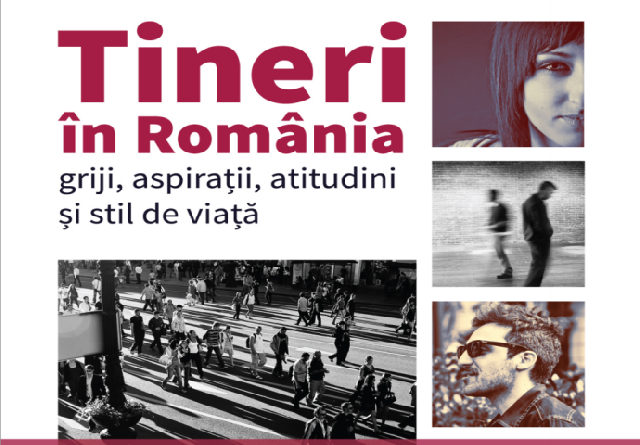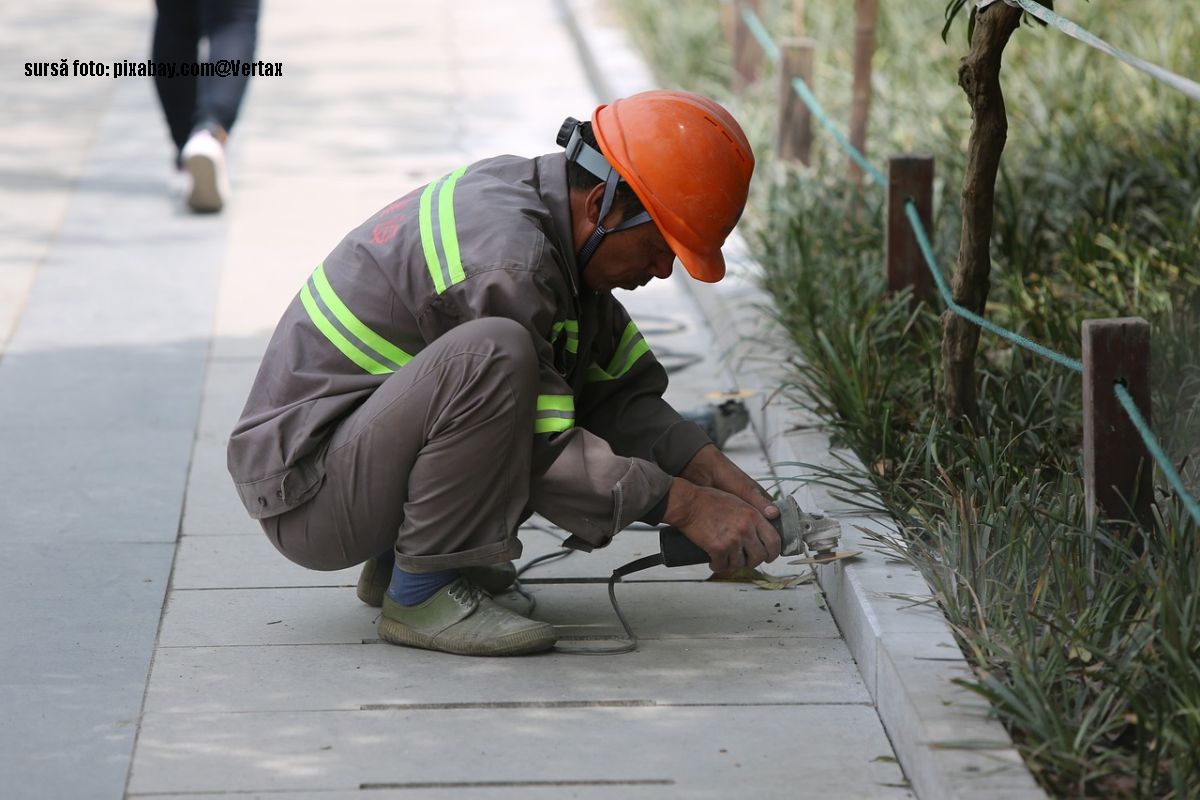An opinion poll about young people in Romania
The findings of a poll conducted by CURS on behalf of the Friedrich Ebert Romania Foundation.

România Internațional, 22.07.2015, 13:24
According to an opinion poll conducted by CURS on behalf of the Friedrich Ebert Romania Foundation on the perception of young people in Romania, the country’s main problems are corruption, poverty and jobs. The report highlights the main concerns and interests of Romanian young people aged between 15 and 29, in terms of the social, economic, educational and political factors. More than half of the young people believe that things are headed in the wrong direction in Romania and though most of them feel capable of changing the current policies, they say they are “very disappointed“ with the main political institutions and “extremely disappointed” with young politicians. Nearly half of young Romanians live with their parents and the age they see fit to get married is older than with the previous generations. The young employees’ incomes differ substantially and increase while they grow old; men earn more than women, townsfolk earn more than villagers, young people in Bucharest have the highest wages and those in Moldavia, in the East have the lowest wages. Sociologist Radu Umbres has more details:
“Over three quarters of the respondents believe it is fashionable to have good looks, to be self-reliant, do sports and have a career. The latter are individualistic characteristics, especially when we compare them with other things such as to be faithful, to get married, to participate in civic actions. That tendency is visible mainly with young people in Bucharest. Girls seek higher education more than boys and want boys to be faithful in a relationship. In terms of the material and cultural consumption in the households where young people live, there is a significant difference between urban and rural areas. Youths’ urban households spend 70 euros more than the youths’ rural households. The discrepancy is not only a question of material consumption; it affects cultural consumption too. Whereas 27% of young people in towns have over 100 books at home, only 19% of young villagers have a similar number of books. 8.6% of young people in the countryside have no books at all as compared to 4.4% in towns.”
As opposed to the adult population, young people spend much more time online than in front of the TV. This difference is much more marked when higher education is involved, and the Internet is used for entertainment, accessing social networks or watching video content. Looking up information ranks only 3rd in importance when it comes to using the Internet.
As the education system diversified after 1989, young people are better educated than their parents, the report shows. Almost half of the young people polled were enrolled in some form of educational institution. Of them, two out of three are in a school, high school or vocational school, almost 30% go to university, and 7% are in advanced degree or post-doctoral programs. In Transylvania, young people prefer vocational schools, while in Bucharest they lean towards advanced studies. Only one out of three young people says they are satisfied by the education system, with the highest level of satisfaction among the youngest respondents or those who live in the countryside. Here is Radu Umbres:
“Even though young people have the benefit of expanded higher education opportunities compared to their parents’ generation, we can see a strong trend of conserving the education level. In other words, parents with higher education pass that benefit onto their children. 70% of young people with university education have parents who have graduated from university. At the other extreme, 82% of young people who have graduated a vocational school at the most come from families where the father had the same lower level of education. Even though there are more opportunities at the apex of the education pyramid, these positions have been taken primarily by young people coming from families who already enjoyed that advantage. These figures indicate higher social immobility, in other words a form of social injustice in which educational advantages and disadvantages get passed on from one generation to the next.”
In terms of the labor market, one in three young people hold a full-time job, one in ten works occasionally, and more than half have no paid job. Young people in Romania believe that personal relationships are essential in finding a job, followed by professional experience and education. Wages are the most important criterion in picking a job. Most young people want to work in the private sector, and almost 20% of young people, especially men, over 25 and living in Bucharest, want to open their own business. Around 40% of young people who responded to the study said they would go abroad, for work or study. The main destinations are western EU countries, such as the UK and Germany, while people with higher education tend to prefer the US.
Even though 80% of young people say they are Christian Orthodox, one third of them don’t believe in God or do not agree with basic tenets of the faith; however, a large part of them are against abortion. Here is sociologist Daniel Sandu:
“We discovered we have a little problem in Romania with the attitude towards abortion, or rather the legislation regulating it. Over 50% of young people believe that the present legislation should be changed. 19% of respondents want abortion to be banned completely, and over a third, 37%, believe that pregnancy terminations should only be allowed in emergency situations. The surprising thing is that men and women in Romania don’t seem to be divided over the issue. Women are against abortion as much as men are. All over the world, attitudes towards abortion are believed to be a gender issue, a woman’s problem.”
Many young people are confident that they will have a better life than their parents. This may be linked to the opportunities offered by freedom of movement within the EU, the authors of the study explain.






























